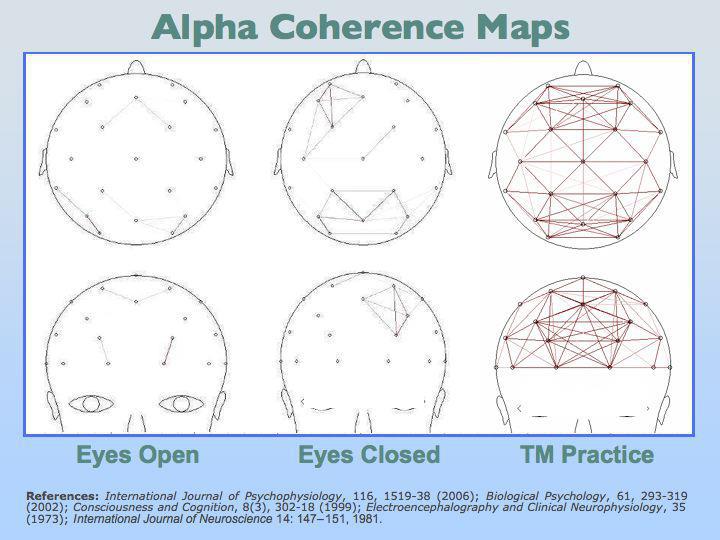Gun Control and Impulse Control
This article was originally published to our blog on July 20, 2016.

Every day we hear about gun violence and it’s self evident that something needs to be done. The question in the media is: are people responsible and guns merely proximate causes? (e.g., “Stop blaming the guns and start blaming the person.”) Whether or not we regulate access to guns*, a more fundamental solution is to reduce violent tendencies and deal with the growing lack of impulse control in our society that leads to violence of all kinds.
This discussion should start with the prefrontal cortex. In attempting to understand what makes a person choose a violent option first rather than as a very last choice (shoot first and ask questions later), it is important to understand that the brain originates and mediates all human behavioral, emotional, cognitive and social functioning.
CEO of the brain
As a person matures, the prefrontal cortex, the “CEO of the Brain,” begins to mature and come “online.” This is the part of the brain that is responsible for our higher thought functions—impulse control, long-term planning, moral reasoning, and distinction between right and wrong. The mature brain should reflect a mature, humane tolerance of frustration.
Frustrated three-year olds will have difficulty controlling their tempers. However, older persons, when frustrated, may feel like kicking or hitting, but should have the capacity to modulate those urges.
A problem arises when individuals (especially as children and teens) are deprived of certain key developmental experiences (like a safe, nurturing family life) or are exposed to stressful situations, like violence and substance abuse. Their prefrontal cortex, which is responsible for moral reasoning and for controlling impulsiveness, instead persists in primitive, immature behavior and reactions, and predisposes the individual to impulsive violent behavior.
The brain’s impulse-control is adversely affected by factors like chronic traumatic stress, testosterone, unregulated serotonin or norepinephrine systems, which decrease impulse control and will increase an individual’s aggression and violent tendencies.
Even normally responsible individuals, when faced with an overwhelmingly stressful situation or when subjected to relentless stress, may overreact inappropriately.
Preventive and therapeutic interventions
As we search for solutions to the plague of violence in our society, we need to look for preventive and therapeutic interventions. We have to nullify the cause of the violence rather than simply removing the “proximate” cause (such as guns).
The preamble to the UNESCO** constitution states:
“Since wars begin in the minds of men, it is in the minds of men that the defenses of peace must be constructed.” Violent or impulsive behavior originates in the brain, therefore that is where it must be prevented.
Studies show that people who lack impulse control, or show a tendency for violence, have objectively measureable “functional holes” in their brains—parts of the frontal brain that are non-active. The left picture shows a normal brain, the right picture shows someone with a tendency to violence.

A more integrated brain
In recent decades, peer-reviewed research has shown that the experience of transcending the thinking process to a state of restful alertness—a fourth state of consciousness different from waking, dreaming and sleeping—occurs during the practice of Transcendental Meditation. This experience of transcending activates the prefrontal cortex and creates more efficient, integrated brain functioning by neutralizing the stress that negatively impacts the brain. Blood flow increases, leading to more coherence and more brain enlivenment in general. This can be measured with neural-imaging scans.

The need for an immediate intervention to calm the daily violence in our nation cannot be overemphasized. No viable solution should be ignored.
Let’s not treat only the symptoms—let’s get to the root of the problem. Transcendental Meditation can play a significant role in inoculating our society, particularly our young people, against the development of violent proclivities that grow out of chronic stress and anxiety.
With the large body of evidence from research among prison inmates, students in at-risk schools, veterans with PTSD and in the laboratories of neuroscientists, the Transcendental Meditation program has proven to be more than worthy of consideration and implementation as a preventive and therapeutic solution. With the Transcendental Meditation program available everywhere, especially in schools during students’ formative years, current and future generations of our youth will be protected against becoming either perpetrators or victims.
*It has been 15 years since the enactment of the UK’s Firearms Act, which prevents private citizens from owning most types of handguns and makes it much harder to purchase other types of guns, such as rifles and shotguns. The British parliament passed the law nine years after passing another gun control law that made semiautomatic weapons illegal. By 2005 a decline in gun crimes began that continues to this day.
**Constitution of the United Nations Educational, Scientific and Cultural Organization
About the Author
Vanessa Vidal is the national director of TM for Women in the USA
More Posts by Vanessa
- New Research Affirms the Benefits of Transcendental Meditation
- Meditation and the Ideally Tranquil Journey into Motherhood
- The Role of Transcendental Meditation in Diabetes Prevention and Management
- Womens’ Secret Leadership Skill: Compassionate Strength
- Meditation and the Ideally Tranquil Journey into Motherhood





